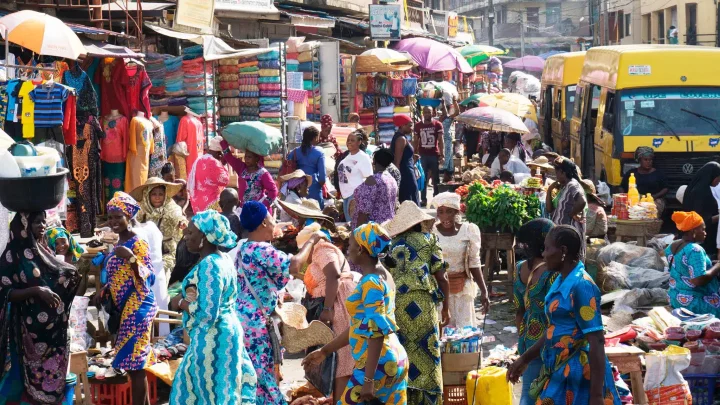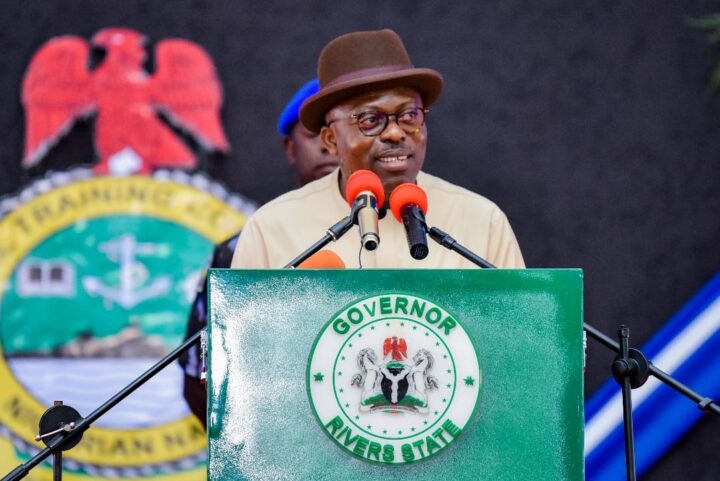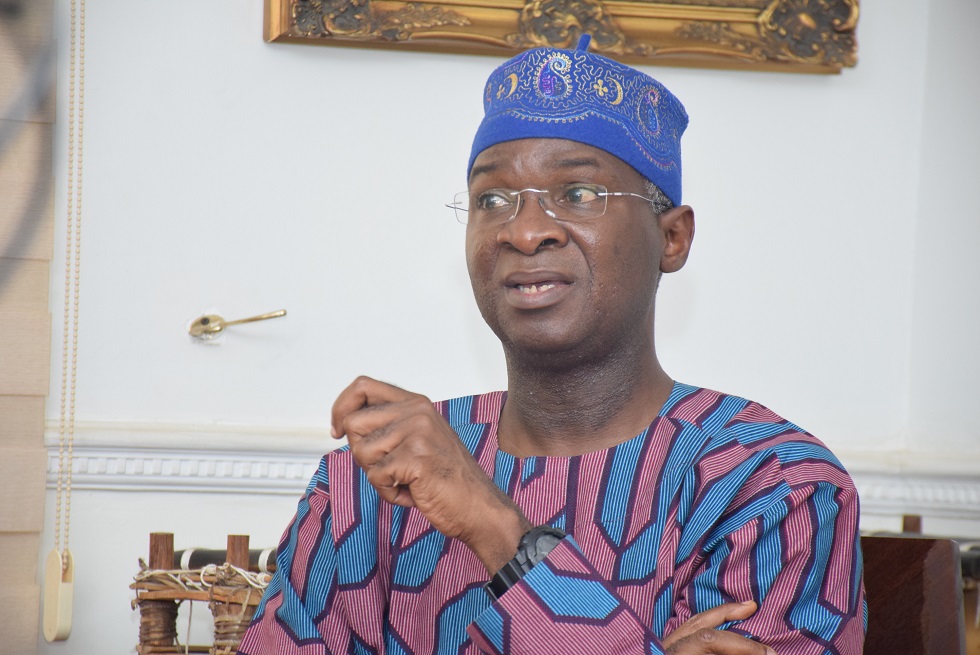Asian and Turkish firms are replacing Western multinationals exiting Nigeria, Bloomberg is reporting.
Nigeria has seen many foreign companies exist its industrial sector in recent times due to several operational challenges.
On June 11, London-based Diageo Plc sold its controlling stake in Guinness Nigeria Plc to Singapore’s Tolaram Group Inc.
The Fouani Group, a local firm, operates a diaper and sanitary pad plant in a complex where Cincinnati-based Procter & Gamble Co. shuttered a $300 million facility making the same products.
Advertisement
According to the Bloomberg report, Lagos-based Fidson Healthcare Plc is expanding its manufacturing range after the UK’s GSK Plc closed its Nigerian distribution arm.
Hayat Kimya AS, a Turkish diaper maker, has also established itself in Nigeria, the report said.
Nigeria, with a population of more than 200 million, is Africa’s most populous nation, in theory presenting a huge market for consumer goods.
Advertisement
However, rampant unemployment, widespread poverty and insecurity, a plummeting currency, surging inflation and decades of economic mismanagement have turned it into a graveyard for multinational consumer goods companies.
The naira has fallen by 56% against the dollar over the past year, the most of any African currency. This has made it cumbersome for companies that import goods and service foreign debts to make a profit as they struggle to pass the necessary price increases to consumers.
While the central bank has now cleared a $7 billion backlog that companies were seeking to repatriate, the report said the difficulty in doing so in recent years made many businesses unsustainable.
Bloomberg said the gaps in the market left by the departing multinationals present an opportunity for domestic companies and foreign firms that focus on sourcing raw materials in Nigeria and manufacturing locally, thereby avoiding the currency risk that has hounded some foreign companies out.
Advertisement
While the departures show just how unattractive the Nigerian consumer market has become, they also highlight the success of strategies of companies such as Hayat and Tolaram, which have each turned their brands into household names.
LOCALIZED COSTS
The report for companies such as Tolaram, used to operating in challenging environments such as Indonesia, the answer has been to localise as many costs as possible.
“That has helped it turn Indomie instant noodles into one of Nigeria’s most popular brands, and led it into joint ventures with US cereal and snack maker Kellanova and Danish dairy giant, Arla Foods,” Bloomberg said.
Advertisement
“Brands can’t continue to operate the way they’re used to. You need to adapt to the market accordingly,” said Girish Sharma, an executive director at Tolaram.
“There is hardly anything in Indomie that we import. We have our own flour milling, we have our own palm oil refining, we have our own packaging.”
Advertisement
Tolaram operates 24 “fully backwardly integrated” plants in Nigeria, meaning the company produces the raw materials they need, and is even setting up its own oil palm plantations, Sharma said in an interview with Bloomberg.
GSK, by contrast, imported its products. That doesn’t mean that local firms aren’t struggling, the reports said.
Advertisement
“In theory, we think we can better manage the difficulties of doing business in Nigeria,” said Jide Ogundare, managing director of MBO Capital Management Ltd, which took over supermarkets run by Shoprite Holdings Ltd. when the South African company quit Nigeria in 2021.
“In actual fact, we face the same challenges as the foreigners except that we can’t leave and go elsewhere.”
Advertisement
Still, despite the narrowing margins and reduced spending power, the weaker naira is making Nigerian manufacturing competitive.
“We’re exporting to some West African countries like Mali and to East Africa and our target is to export to another five to 10 countries by the end of next year,” said Imokha Ayebae, Fidson’s executive director.
OIL, TECHNOLOGY
According to the report, the exodus of firms including Kimberly-Clark Corp., Sanofi SA and Bayer AG is hindering Nigerian President Bola Tinubu’s bid to breathe life into the struggling economy.
Microsoft Corp. in May said it would shut the engineering section of its Africa Development Center in Nigeria two years after it opened. Meanwhile, oil majors Shell Plc, Exxon Mobil, and Eni SpA have all sold their onshore operations to local companies, denting confidence in the industry that accounts for most of Nigeria’s exports and leaving behind decades of environmental devastation.
President Bola Tinubu had commended Tolaram for acquiring Diageo’s stake in Guinness, saying that the move showed confidence in Nigeria’s economy.
“The multi pronged reforms and interventions being implemented on the economic and financial fronts would deliver sustained growth and enduring profitability,” said Bayo Onanuga, special adviser to the president on information and strategy.
For now, the companies still invested are not seeing that uptick, Bloomberg said.
For instance, South Africa’s MultiChoice Group, the biggest satellite television provider in Nigeria, saw subscriber numbers fall 18 percent in the year to March, saying that Nigerian customers “had to prioritize basic necessities over entertainment.” Revenue at Johannesburg-based MTN Group, which runs Nigeria’s biggest mobile phone network, fell 53 percent in the first quarter of the year when measured in its home currency.
But in challenging environments there is also opportunity, said Tolaram’s Sharma, emphasising the company’s belief in Nigeria’s potential.
“If everything was good I don’t think Guinness would think of partnering with Tolaram. Now when they saw there’s adversity they chose to partner with us,” he said.
According to Sharma, Nigeria has 200 million people, “they have to eat, they have to drink. We don’t see why Nigeria should not be the country where we’ll continue to stay and continue to invest.”
Add a comment







